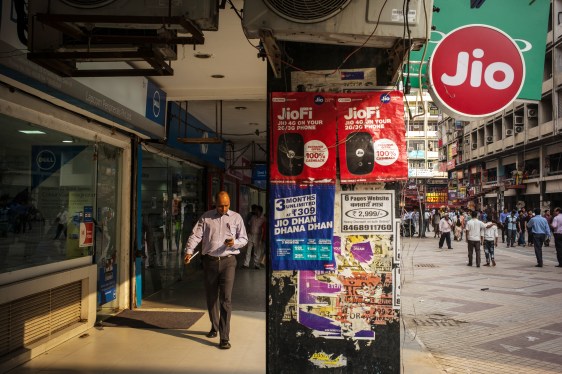Cloudflare’s VPN App Among Half-Dozen Pulled from Indian App Stores Over Security Concerns
In a significant move that has sent shockwaves through the online security community, the Indian Ministry of Home Affairs has issued removal orders for over a dozen VPN apps from India’s Apple App Store and Google Play Store. The affected apps include Cloudflare’s widely used 1.1.1.1, Hide.me, and PrivadoVPN, among others.
The Removal Orders
According to a document reviewed by TechCrunch, the Indian Ministry of Home Affairs issued the removal orders for the VPN apps in response to a "demand" from the Indian Cyber Crime Coordination Centre (IC3C), which deemed the apps’ content to contravene Indian law. Apple cited this demand as the reason for removing the apps from its App Store.
The Regulatory Framework
This enforcement action marks the first significant implementation of India’s 2022 regulatory framework governing VPN apps. The rules, which mandate that VPN providers and cloud service operators maintain comprehensive records of their customers’ information, including names, addresses, IP addresses, and transaction histories, for a five-year period, have been met with resistance from major industry players.
Industry Pushback
Leading brands like NordVPN, ExpressVPN, Surfshark, and Proton VPN have voiced significant reservations about the rules, with several announcing plans to withdraw their server infrastructure from India. Despite this, NordVPN, ExpressVPN, and Surfshark continue to maintain services for Indian customers, although they have stopped marketing their apps in the country.
The Impact on Users
The removal of these popular VPN apps has left many users concerned about their online security and privacy. With more than half a dozen VPN apps pulled from the app stores, users may be forced to seek alternative solutions that meet Indian regulatory requirements.
A Dark Day for Online Security
This move by the Indian government has been met with criticism from experts who see it as an overreach of authority. By mandating that VPN providers maintain detailed records of their customers’ information, the government is essentially giving itself access to sensitive data that could be used to compromise user security and privacy.
The Need for Balance
As governments around the world grapple with the challenges posed by online security threats, it’s essential to strike a balance between protecting citizens and respecting users’ rights. The Indian government’s move raises questions about the extent to which regulatory bodies should interfere in the lives of individuals online.
A Look at the Affected Apps
- Cloudflare’s 1.1.1.1: A popular VPN app that has been widely used for its speed and security features.
- Hide.me: A VPN service provider that offers a range of security features, including encryption and kill switch protection.
- PrivadoVPN: A VPN app that promises to protect users’ online activity with advanced encryption and security protocols.
The Future of Online Security in India
As the Indian government continues to shape its regulatory framework for VPN apps, it remains to be seen how this will impact the online security landscape. One thing is certain: the removal of these popular VPN apps has sent shockwaves through the community, leaving users worried about their safety and security online.
Related Articles
- Nvidia’s Project Digits is a ‘personal AI supercomputer’
- Google is forming a new team to build AI that can simulate the physical world
- OpenAI is losing money on its pricey ChatGPT Pro plan, CEO Sam Altman says
Stay Connected with TechCrunch
- Follow us on social media: Twitter | Facebook | LinkedIn
- Subscribe to our newsletters: TechCrunch Daily News | TechCrunch AI | Startups Weekly
- Join our communities: Reddit | Slack
About the Author
Manish Singh is a senior reporter at TechCrunch, covering India’s startup scene and venture capital investments. He also reports on global tech firms’ India play. Before joining TechCrunch in 2019, Singh wrote for about a dozen publications, including CNBC and VentureBeat. He graduated in Computer Science and Engineering in 2015. He is reachable on manish@techcrunch.com.



